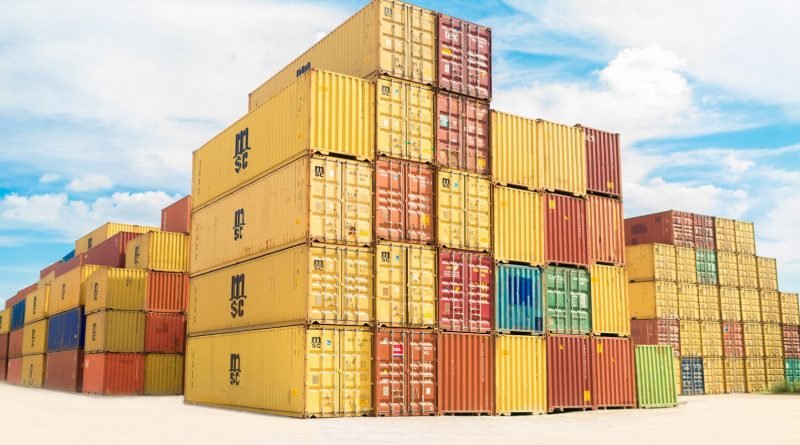Impact of virtual water trade on the Terms of Trade in Sri Lanka
In fact, as many other small open economies which depend on external trade dynamics to sustain the economic growth, Sri Lanka has no escape from international trade. Sri Lanka is experiencing a negative external balance (~10 $ billion) for longer period. Sri Lanka exported goods worth USD 11.8 billion and imported worth USD 22.3 billion in 20018. Nearly 22% imports are consumable/essential goods of which many are agricultural products that hold a lion share in that sub-group (Central Bank of Sri Lanka, 2019).
Terms of Trade in Sri Lanka averaged 109.26 points from 1997 until 2019, reaching an all-time high of 161.24 points in May of 1998 and a record low of 74.50 points in March of 2012. Though the ToT is improved in recent times, the pressure coming from ToT’s behaviour to the domestic market is a major concern for Sri Lankan policy makers.
According to the Central Bank of Sri Lanka (2019), nearly 22% of imports are consumable/essential goods. Agro-products hold a lion share of the consumable goods composition which consume more water (as embedded) in their production/supply chain. Researches on trade and water are generally descriptive and focused on the movement of what was conceptualised as “virtual water,” defined as “the volume of water required to produce a commodity or service” (Hoekstra and Chapagain 2007; Original work by Allan 1998). A substantial literature now outlines the theoretical linkages between trade and agriculture’s water use as well as documenting the movement of virtual water embedded in traded agricultural goods. Agricultural correlated “virtual water flows” accounted for 13 percent of total global water use by crops between 1995 and 1999 (Hoekstra and Hung 2005). Proponents of the virtual water concept have also suggested that analyses of virtual water flows should be used to inform national policies and priorities on water and related economic sectors (Muller and Bellaman, 2016).
Some of the authors who have estimated virtual water flows in the world have suggested that virtual water is analogous to the economic concept of comparative advantage, a fundamental tenet of trade theory. This perspective has encouraged several authors to recommend that countries should apply the virtual water approach in determining optimal production and trading strategies. They suggest that water-short countries should import water-intensive crops and livestock products, while using their limited water resources for higher valued activities. Water abundant countries should produce and export water-intensive products (Wichelns, 2010). However, some scholars (Wichelns, 2010) counter argue that, virtual water is not analogous to comparative advantage, and it cannot serve as a criterion for determining trading strategies.
It is good to examine the impact of virtual water trade on the Terms of Trade in Sri Lanka- relevant to the consumable goods.





